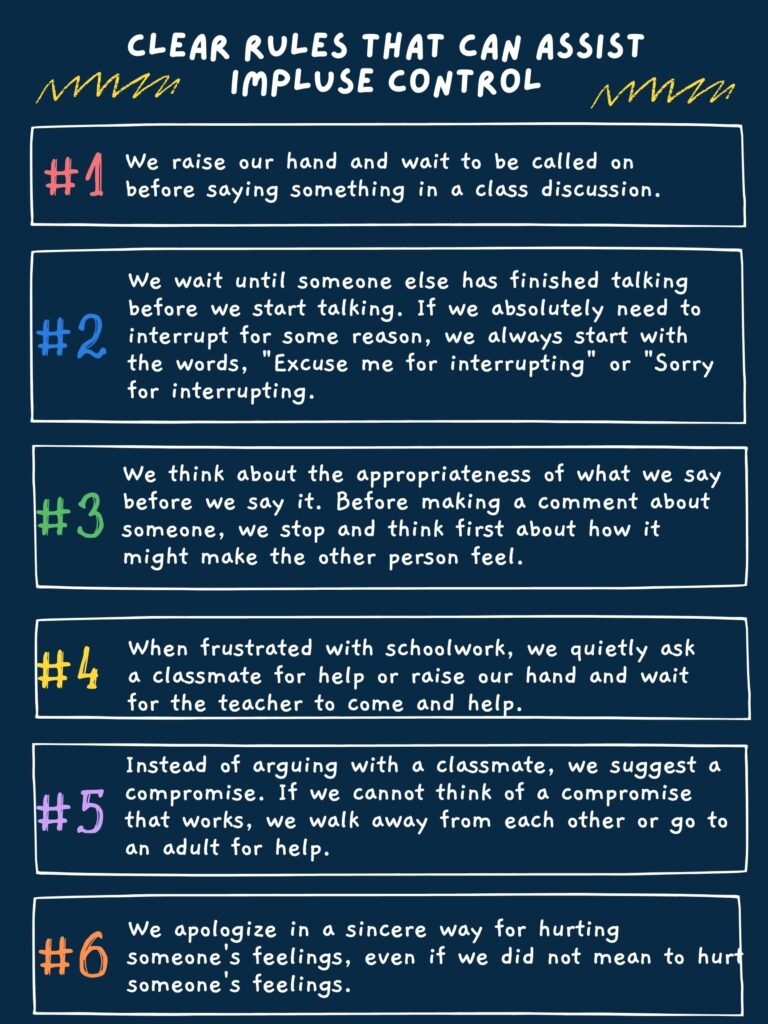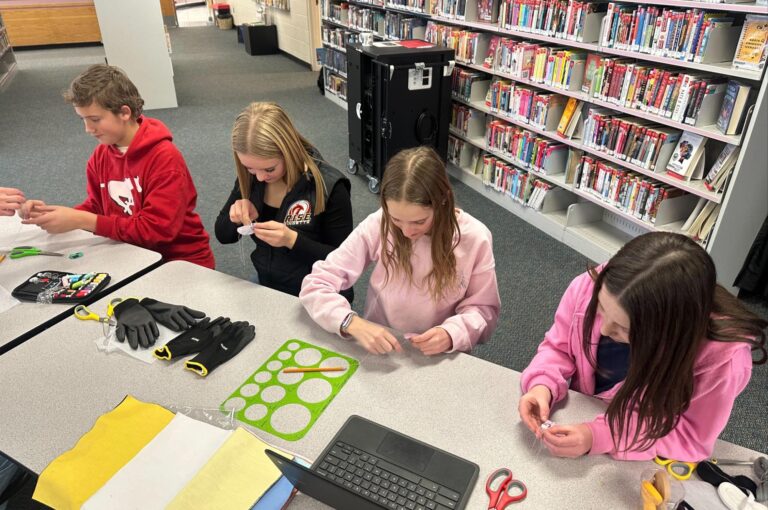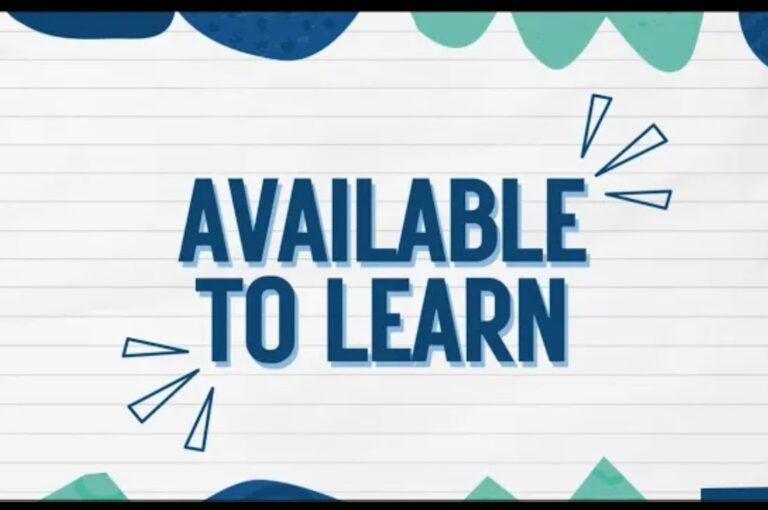The word that best describes the social-emotional style of children with executive function weaknesses is reactive. Children with executive function weaknesses struggle to regulate the urges that originate in the lower brain center because they lack the prefrontal cortex capacity to suppress them. When confronted with a problem they experience a surge of emotion, often referred to as an “amygdala hijack” because the control of behavior is abruptly shifted from the brain’s higher cognitive centre to its more primitive emotional reaction. They become incapable of “stopping and thinking” about the potential consequences of their actions.
Children with any type of executive functioning difficulties benefit from what is often referred to as a Surrogate Prefrontal Lobe which basically is structure and support provided by a more responsible adult. You need to engineer the environment to reduce the potential for impulsive behavior. Most often impulsive behaviors occur during unstructured activities such as during recess so organizing adult directed play activities or providing supervision during free play can allow for the kind of coaching that helps to mediate impulsive behavior. What is needed is explicit instruction, guided practice through role play and frequent opportunities for practice.
We can increase the chances that students with highly impulsive behavior will manage their impulses better if we establish a set of clearly written rules-ideally with the students input-that specify what they need to do when they feel frustrated with school work, the teacher or other peers.

How to make transitions easier for students with executive function difficulties?
Children with underdeveloped executive functions are often less adaptable. They like things being done in a certain way and don’t like moving on before they get it right.
They get stuck in their thinking and have difficulty handling disappointments. They cling to the predictability of routine and when stressed lack cognitive flexibility
Helping Michael plan for transitions by giving him advanced notice of what is going to happen can be very helpful.
Script to try:
- “Michael- I am setting the time for 5 minutes as we will be moving onto math. Please finish the question you are working on right now and then —turn off your chrome book and put it away. Let me know if you need help with that last question”
Schedules are very effective and having students cross off activities as they complete them gives them a sense of accomplishment, but again it is important to prepare Michael ahead of time for a schedule change.
Script to try:
- “Michael —we have a change in our schedule today. Gym will be after lunch today because we are having a special guest speaker this morning who I know you will enjoy listening to. He is going to talk to us about space travel.”
How can I help children with executive function challenges get along with others?
Students with executive function challenges often require direct social skills instruction.
- Explicitly teaching social skills through an evidence based curriculum like PATI–IS or Super Kids can make a big difference. These programs include lots of role play, social scripts and comic strip conversations. As a classroom teacher you might consider implementing one of these curriculums with all of your students at a Universal level.
- We could also make a referral to the FSCRC for a more targeted intervention.
- Social Mentoring is also an important role of the classroom teacher.
Would Medication to treat ADHD help with executive functions?
ADHD is a brain-based disorder where the circuity of the brain that helps us to regulate our behavior is under functioning.
- Medication can help stimulate the circuitry but it is only part of the answer as children also need to be taught executive skills intentionally and explicitly.
- Medication can help a child be more “available for Learning” so that they benefit from teachable moments.







